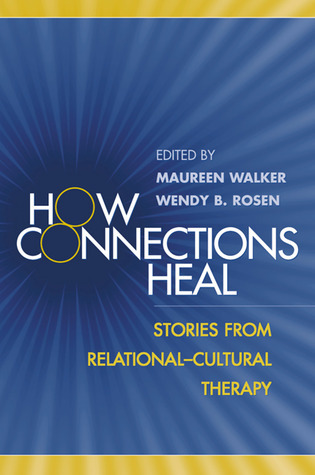Relational-Cultural Therapy is person-centered and focused on the relationship between the client(s) and the therapist. This therapeutic orientation is very appealing to me, as it acknowledges the existing power structures that come into play within the interactions and allows space for both clients and therapists to exist authentically and as humanly as possible. This book, while repetitive at times due to the various contributors, helped exemplify what these exchanges might look like in various settings and how different practitioners put the theory to use.

